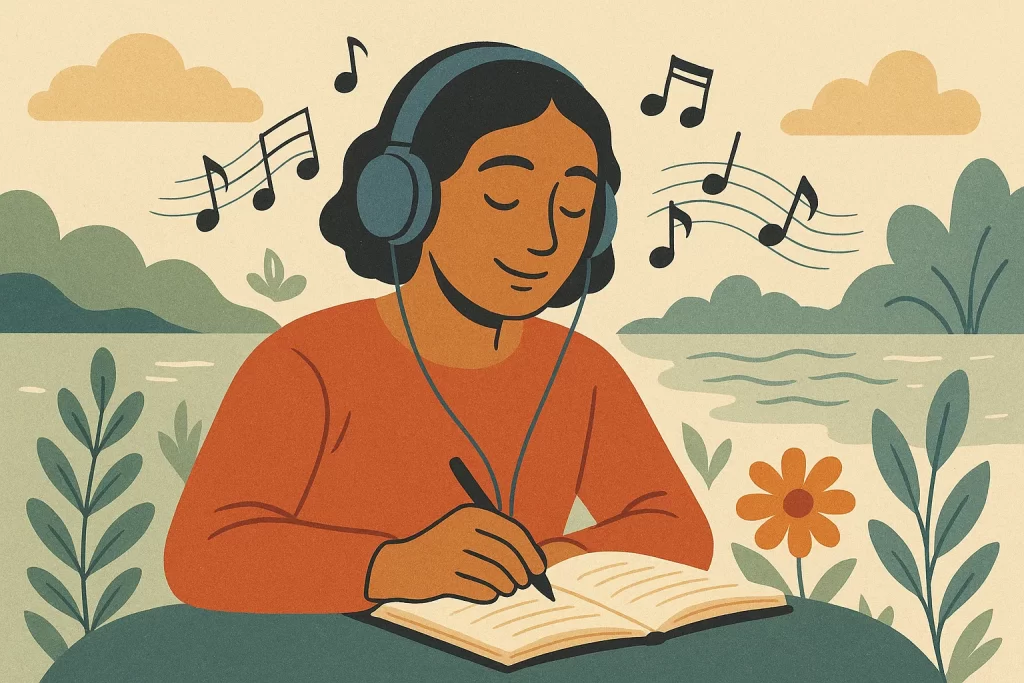How Breinfijn and Music Help Keep People’s Sanity Intact?
In a world that moves at a relentless pace, the need to manage stress and preserve mental stability has become more urgent than ever. Services like Breinfijn, which offer courses focused on reducing stress and enhancing well-being, are gaining traction for good reason.
These tools empower individuals to take control of their mental health through guided practices and proven strategies. One such complementary force is music, a powerful, natural aid that’s been helping people maintain emotional balance for centuries. This connection between guided support and music opens doors to a more resilient, centered mind.
Music as a Natural Stress Regulator

Music has the ability to instantly affect our mood, making it one of the most accessible forms of emotional regulation. When people listen to calming or uplifting music, the brain releases dopamine, a neurotransmitter associated with pleasure and relaxation. For those dealing with high-stress levels or anxiety, incorporating music into daily routines can serve as a soothing ritual that brings consistency and comfort.
Research shows that certain types of music, such as classical compositions or nature-inspired soundtracks, can slow heart rate, lower blood pressure, and reduce cortisol levels.
These physiological responses contribute significantly to emotional stability, helping people navigate everyday stress with greater ease.
Emotional Expression through Sound
For many, music is more than background noise, it’s a vessel for emotion. Whether through lyrics that echo personal struggles or rhythms that mirror one’s mood, music allows listeners to feel seen and understood. This emotional validation plays a key role in mental health, offering a non-verbal outlet for frustration, sadness, joy, or hope.
In therapy and stress-reduction settings, music is often used to unlock emotions that words fail to express. This therapeutic use aligns with modern stress-relief methods, where mindfulness and emotional processing are key pillars in regaining mental clarity.
Music Creates Routine and Structure
Structure is vital for those struggling with mental chaos or anxiety. Simple practices like waking up to an energizing playlist or winding down with soothing melodies can create a sense of order and predictability. These musical rituals function as anchors in a busy or overwhelming day, providing moments of peace and stability.
Whether it’s creating a playlist for focus or engaging in musical meditation, consistent exposure to music can form the backbone of a self-care routine that nurtures long-term emotional resilience.
